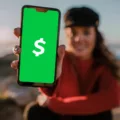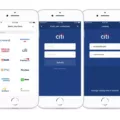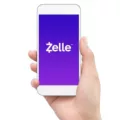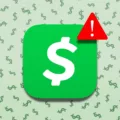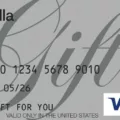Cash App, a popular peer-to-peer payment platform, has gained significant popularity in recent years. With its user-friendly interface and convenience, many people rely on Cash App for their financial transactions. However, there may be concerns regarding garnishments and the security of funds held in Cash App accounts. In this article, we will explore whether Cash App can be garnished and shed light on any potential issues surrounding this topic.
Before delving into the specifics, it’s essential to understand what garnishment entails. Garnishment is a legal process where a creditor can collect funds owed by a debtor directly from their bank account. This process typically involves a court order, allowing the creditor to access the debtor’s funds to satisfy the debt.
When it comes to Cash App, the question arises whether funds held in a user’s account can be garnished. The answer to this question is somewhat complex. While Cash App itself cannot initiate garnishments, it is not entirely immune to legal actions or court orders. If a court order is issued to garnish a user’s bank account, including their Cash App account, the funds may be subject to seizure.
However, it is important to note that Cash App is not a traditional bank. It is a third-party payment network, and its regulations may differ from those of traditional financial institutions. This distinction can potentially impact the ease and enforcement of garnishments on Cash App accounts.
Furthermore, it is crucial to understand that garnishment laws vary by jurisdiction. The specific laws and regulations governing garnishments depend on the country, state, or region in which the individual resides. Therefore, it is advisable to consult with a legal professional familiar with the applicable laws in the relevant jurisdiction to understand the potential implications of garnishments on Cash App accounts.
It is worth mentioning that Cash App has certain measures in place to protect users’ funds. It encrypts sensitive information and employs security protocols to safeguard transactions. However, these security measures primarily focus on protecting against unauthorized access rather than protecting funds from legal actions such as garnishments.
Additionally, Cash App provides users with the option to link their accounts to direct deposits, including government benefits or payments like Social Security. It is important to note that certain sources of income are protected from garnishments, such as Social Security, government benefits, funds received for child support or alimony, and workers’ compensation payments. These protected income sources are typically exempt from garnishments, irrespective of the platform they are received through.
While Cash App itself cannot initiate garnishments, it is not entirely immune to legal actions or court orders. If a court order is issued to garnish a user’s bank account, including their Cash App account, the funds may be subject to seizure. However, the specific laws governing garnishments vary by jurisdiction, and it is advisable to consult with a legal professional for accurate information regarding Cash App and garnishments.
What Type of Bank Accounts Cannot Be Garnished?
Certain types of bank accounts cannot be garnished, as they are protected by law. These accounts typically include:
1. Social Security and other government benefits or payments: Funds received from government programs such as Social Security, Supplemental Security Income (SSI), Veterans benefits, and other government assistance programs are generally exempt from garnishment. These payments are intended to provide support for individuals and are protected from being seized by creditors.
2. Child support or alimony payments: Money received as child support or spousal support (alimony) is usually shielded from garnishment. These funds are specifically allocated for the financial support of children or former spouses and are protected by law.
3. Workers’ compensation payments: If an individual is receiving workers’ compensation benefits due to a work-related injury or illness, these funds are typically exempt from garnishment. Workers’ compensation is intended to provide financial assistance during a period of disability, and therefore, it is safeguarded from being garnished.
It is important to note that while these types of accounts are generally protected from garnishment, there may be exceptions and specific circumstances that could affect the protection status. Consulting with a legal professional or seeking advice from a financial expert is recommended to fully understand the laws and regulations regarding garnishment protection in your specific situation.
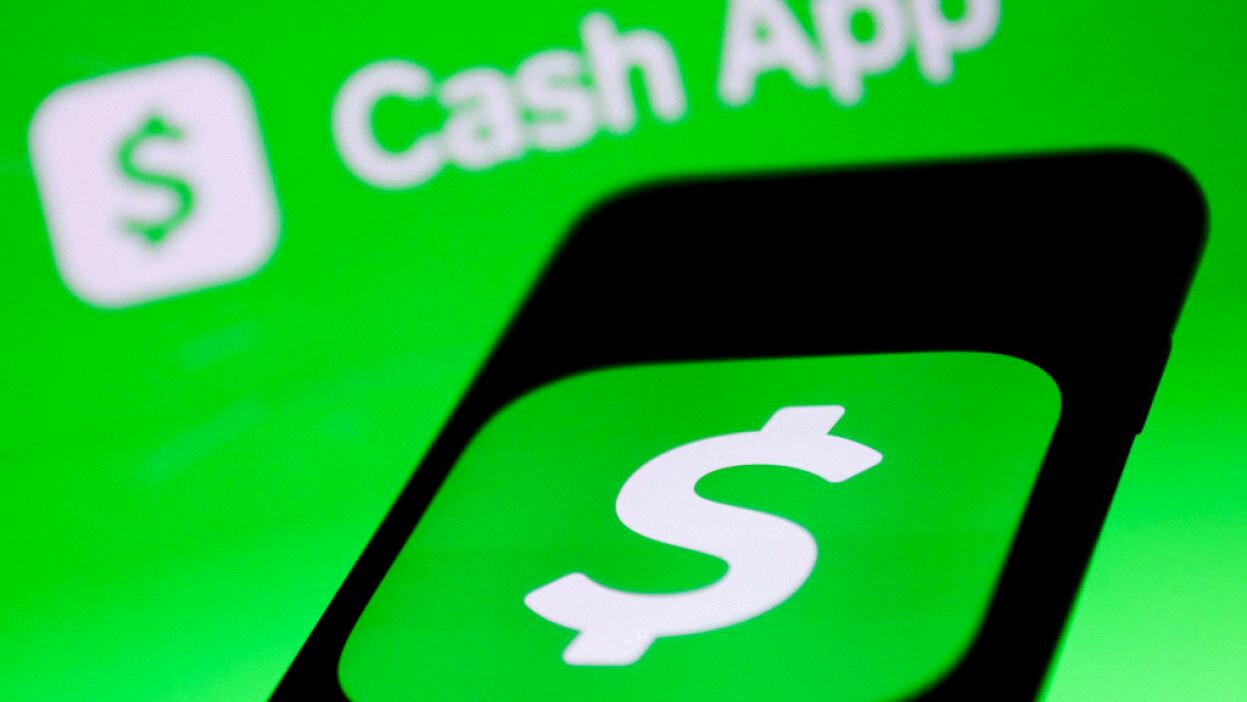
Can Cash App Get Levied?
Cash App itself cannot be levied. Cash App is a mobile payment service that allows users to send and receive money. It is not a taxable entity, so it cannot be subject to levies or other tax-related actions. However, it is important to note that individuals who use Cash App may have their own tax obligations and may be subject to levies or other actions from the government if they fail to meet those obligations. So, while Cash App itself cannot be levied, individuals who use the app must ensure they comply with their tax responsibilities to avoid potential consequences.
Can Cash App Money Be Taken Back?
Cash App does not have the ability to cancel or refund a payment once it has been completed. Once you send money through the app, it is immediately transferred to the recipient’s account and cannot be retrieved unless the recipient agrees to send it back to you.
If you have mistakenly sent money to the wrong account, the best course of action is to reach out to the recipient and ask them to refund the payment. You can do this by following these steps:
1. Open the Cash App on your device.
2. Tap on the Activity tab, which is located on the home screen of the app.
3. Look for the payment in question and tap on it to open the details.
4. Tap on the Completed button to view the transaction details.
5. From here, you can see the recipient’s information, such as their username or $Cashtag.
6. Contact the recipient through the provided information and explain the situation, politely requesting them to refund the payment.
It’s important to note that Cash App cannot guarantee that the recipient will comply with your request for a refund. If the recipient is unresponsive or unwilling to return the funds, there is limited recourse available through Cash App. In such cases, you may need to consider other options, such as contacting your bank or credit card company to see if they can assist you in recovering the mistakenly sent funds.
Conclusion
Cash App is a popular and convenient mobile payment platform that allows users to send and receive money easily. It offers various features such as direct deposits, cash card, and the ability to buy and sell Bitcoin. However, it’s important to note that once a payment is completed, Cash App cannot cancel or refund it. Therefore, it’s crucial to double-check the recipient’s information before sending any money. Additionally, it’s worth mentioning that while Cash App provides a convenient way to transfer funds, it does not offer the same level of protection as traditional banking institutions. Users should be cautious and aware of potential scams or fraudulent activities. Cash App can be a useful tool for managing finances and making payments, but it’s important to use it responsibly and be mindful of its limitations.






